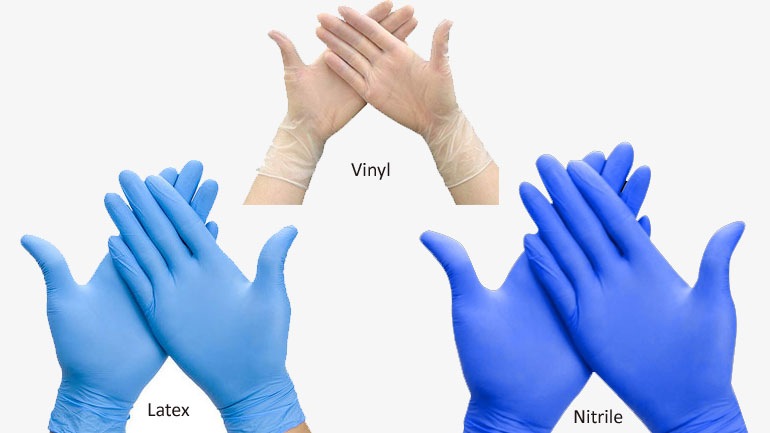
Partial Hospitalization Programs (PHPs) have emerged as a vital component of the mental health and addiction treatment landscape, offering a middle ground between inpatient care and traditional outpatient services. These programs provide individuals with intensive treatment and support while allowing them to maintain their daily lives and responsibilities. In this article, we will delve into the advantages of Partial Hospitalization Programs, shedding light on why they have become a preferred choice for many seeking mental health and addiction recovery.
1. Comprehensive and Individualized Care
One of the primary advantages of PHPs is the level of care they offer. Participants in PHPs have access to a team of experienced mental health professionals, including psychiatrists, therapists, and counselors. These professionals work together to create individualized treatment plans tailored to the unique needs and goals of each participant. This personalized approach ensures that underlying issues are addressed effectively.
2. Structured Supportive Environment
PHPs provide a structured and therapeutic environment that can be immensely beneficial for individuals in the early stages of recovery. This structured setting helps participants establish and maintain a daily routine, which is often lacking in the unstructured world of outpatient care. Having a schedule and a support system in place can significantly enhance the chances of successful recovery.
3. Flexibility and Independence
Unlike inpatient treatment, which requires individuals to reside in a facility, PHPs allow participants to return home each day. This flexibility is particularly beneficial for those with family or work obligations. Participants can apply what they learn in therapy to their everyday lives immediately, fostering a sense of independence and self-sufficiency.
4. Prevention of Relapse
PHPs play a crucial role in preventing relapse. By offering ongoing support and treatment, participants are less likely to experience a recurrence of their mental health or addiction issues. The intensive nature of PHPs provides individuals with the tools they need to recognize triggers and cope with them effectively, reducing the risk of setbacks.
5. Intensive Therapy and Education
Partial Hospitalization Programs offer a higher frequency of therapy sessions compared to traditional outpatient care. This level of intensity allows participants to delve deep into their issues, providing an opportunity for in-depth exploration and healing. Individual and group therapy sessions help individuals develop coping skills, address trauma, and gain insight into their mental health or addiction issues.
Moreover, PHPs often include educational components that focus on mental health, addiction, and coping strategies. Participants learn valuable tools and strategies to manage their conditions effectively, reducing the risk of relapse.
6. Cost-Effective Alternative
Compared to inpatient treatment, Partial Hospitalization Programs are often more cost-effective. Inpatient care can be prohibitively expensive for many individuals, while PHPs provide intensive treatment at a fraction of the cost. This cost-effectiveness ensures that more people can access the care they need without the burden of exorbitant medical bills.
7. Integration of Family Support
Many PHPs involve family therapy sessions or include family members in the treatment process. This integration of family support can be instrumental in the recovery journey. It helps family members understand their loved one’s struggles and learn how to provide the necessary support without enabling destructive behavior.
8. Gradual Reintegration into Society
For individuals who have undergone inpatient treatment, PHPs serve as a crucial step in the transition back into society. They offer a buffer zone where individuals can test their newly acquired skills and strategies in the real world while still having the safety net of a structured program to fall back on if needed.
9. Reduction of Stigma
PHPs contribute to reducing the stigma surrounding mental health and addiction issues. By offering treatment in an outpatient setting, individuals can receive the help they need without having to disclose their absence from work or social activities. This can make seeking treatment a more comfortable and less stigmatizing experience.
10. Long-Term Success
The benefits of partial hospitalization programs extend beyond the program’s duration. Participants often leave with a strong support network and a toolkit of coping strategies that they can continue to utilize in their daily lives. This long-term approach increases the likelihood of sustained recovery and overall well-being.
In conclusion
Partial hospitalization programs offer a comprehensive, flexible, and cost-effective approach to mental health and addiction treatment. They provide individuals with the necessary tools, support, and education to address their issues and build a foundation for lasting recovery. By unveiling the advantages of PHPs, we hope to encourage those in need to consider this valuable option on their path to healing and wellness.




